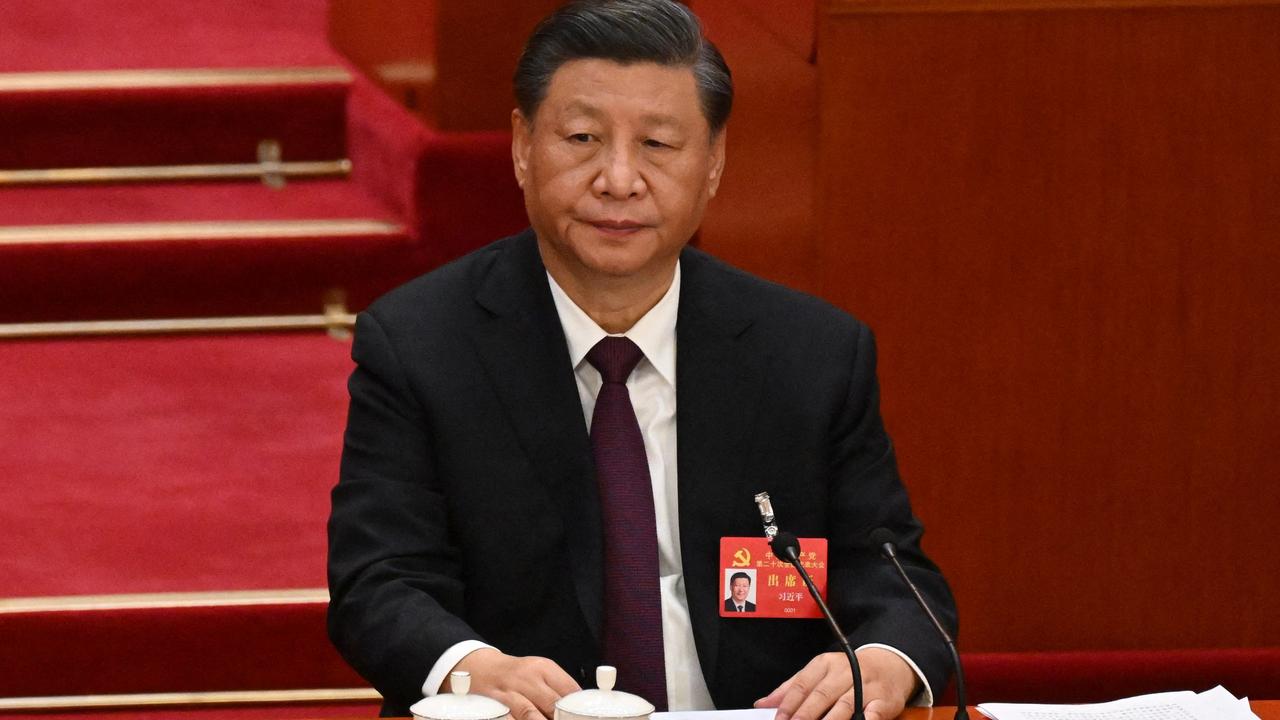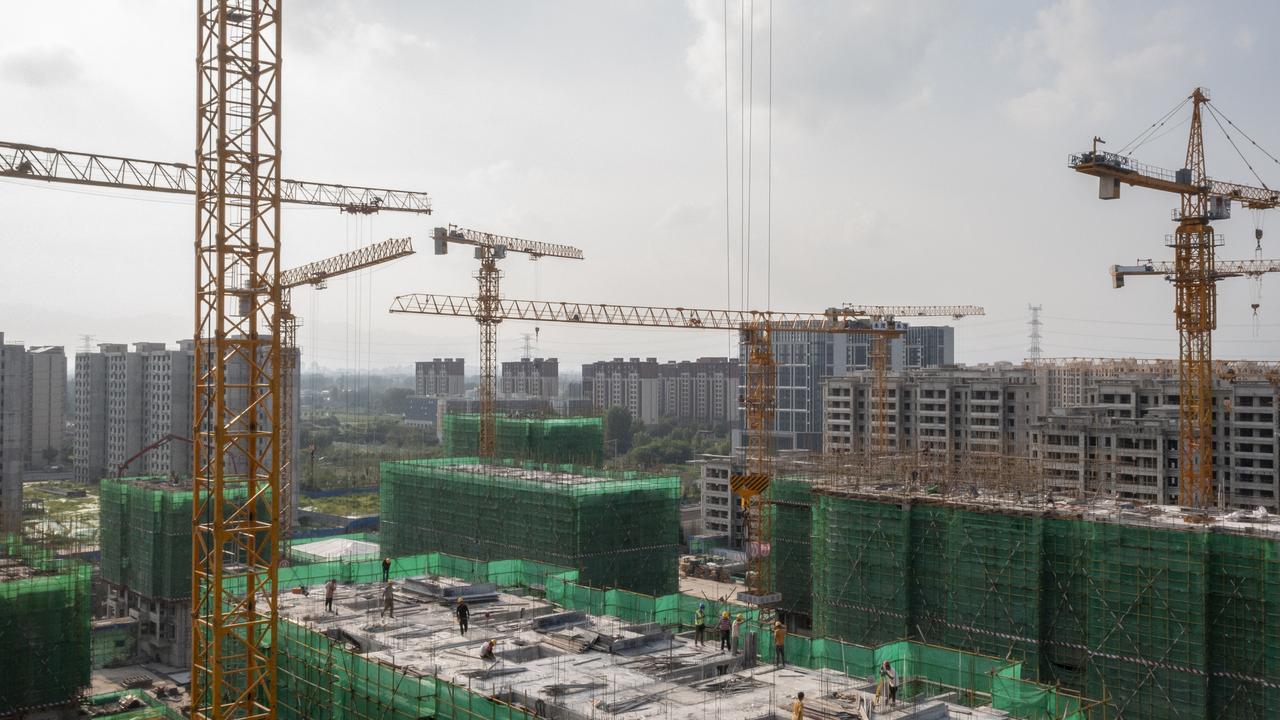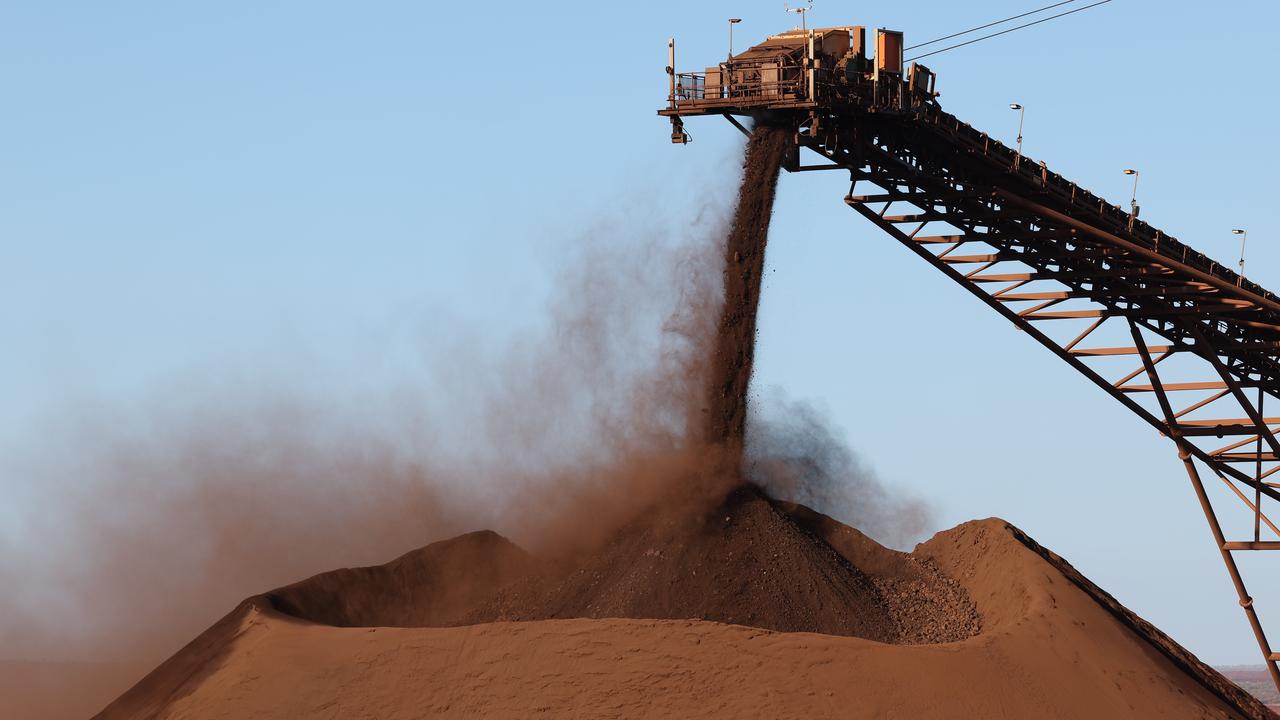
This article is more than
1 year oldIt’s a bazooka but not as we know it.
The fading Chinese economy has passed President Xi Jinping’s pain threshold and Beijing has unleashed a new round of stimulus.
It aims to stabilise the imploding property market, send the stock market into outer space and rescue the economy with the wealth effects.
This is a very different approach to traditional stimulus and the beneficiaries will also be different.
Traditional versus new stimulus
Traditionally, Chinese stimulus is more fiscal in nature than monetary.
Beijing does not like to have a falling currency because it risks trade blowback and plans to turn the renminbi into a reserve currency.
However, with the Federal Reserve slashing interest rates and kicking the US dollar lower, Beijing has been liberated to undertake a more monetary stimulus then is the norm.
It has cut mortgage rates by 50 basis points and is printing money for various governments to buy stocks.

It is also helping fund property developers who can’t get finance, though Beijing has been equally clear that it does not wish to see another round of crazy construction.
Asset prices
So far, Chinese stocks have been the biggest winners, flying higher out of a bear market.
It may be that this rally has some way to go. However, investors should be aware that when going through a similar housing crash, Japan undertook similar stimulus moves for many years and asset prices always ultimately returned to the bearish trend.
Moreover, Chinese households don’t hold many stocks, so any lift is unlikely to have much effect on consumption.
More important will be whether the stimulus can stabilise property.
This is, or was, a $60 trillion asset class that is deflating at 7 per cent per year. It comprises 85 per cent of household wealth, so it’s one hell of a headwind.
The mortgage rate cuts will undoubtedly lift activity for a little while, but not for any enduring period.

Real interest rates are still very high amid deflation, so there is no incentive to speculate and plenty of reasons to deleverage.
Whether the property market can stabilise hangs on many more rate cuts, but they will have to come in lock-step with the Federal Reserve so will not be fast enough.
China needs zero interest rates and quantitative easing to stabilise housing.
Commodities
Commodities like iron ore haven’t waited around to wonder if they will benefit fundamentally. Their prices have flown to the moon.
Yet, as the stimulus currently stands, they will not benefit much.
Only about $140 billion has been suggested for fiscal stimulus not yet confirmed. Some of this is promised as cash to households. So it won’t trigger much building.
Another $140 billion is going to local governments’ financial repair, but how much of this will build new infrastructure isn’t clear either.
So far, this stimulus has been a bust for fundamental demand for iron ore. The hope is that it is only the first down payment on more.

The question is, how much more?
To truly stabilise a $60 trillion asset market that has lost all confidence and is suffering from an immense glut, Beijing will need to roll out $2 trillion of stimulus.
It will need to buy up all the empty apartments and rent them out cheaply, though even this comes with the problem of falling prices and less construction for years.
It will also need to give local governments a lot more money and, in truth, they have run out of good projects to build, so what does that fix?
Most importantly, if it wants the consumer to pick up the growth slack, then Beijing will need to do structural reform that shifts national income from itself via state-owned enterprises to households via privatisations.
There is no sign of that happening and, frankly, it is hard to believe that the Chinese Communist Party wants to loosen its grip on that dough and hand households the power.
In short, this is another kick of the Chinese can, unless Beijing changes radically.
David Llewellyn-Smith is Chief Strategist at the MB Fund and MB Super. David is the founding publisher and editor of MacroBusiness and was the founding publisher and global economy editor of The Diplomat, the Asia Pacific’s leading geopolitics and economics portal. He is the co-author of The Great Crash of 2008 with Ross Garnaut and was the editor of the second Garnaut Climate Change Review.